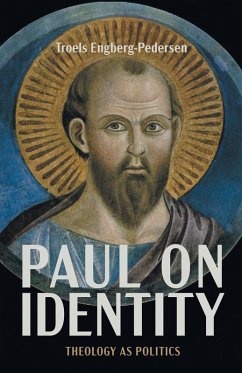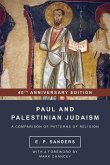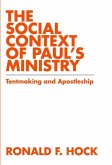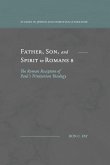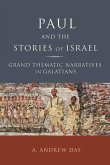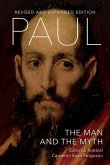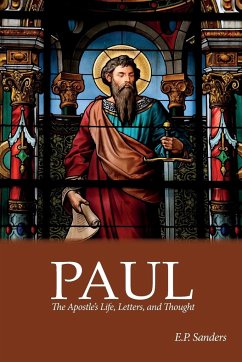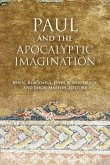Paul on Identity shows the inner connection in Paul's view of three distinct issues that all focus on identity: What defines the fundamental "Christ identity" for which Paul argues? How is it related to all other identities--of being a Jew or a non-Jew, a man or a woman, a master or a slave? How does Paul's understanding of the Christ identity inform his own way of writing to his addressees? The book raises the question of which among Paul's many teachings we may or may not accept. Finally, the book directly addresses the political relevance of Paul's thought for an American audience. Paul on Identity is written for non-experts and experts alike. By quoting liberally from Paul himself, Engberg-Pedersen brings him to life in the twenty-first century.
Hinweis: Dieser Artikel kann nur an eine deutsche Lieferadresse ausgeliefert werden.
Hinweis: Dieser Artikel kann nur an eine deutsche Lieferadresse ausgeliefert werden.

